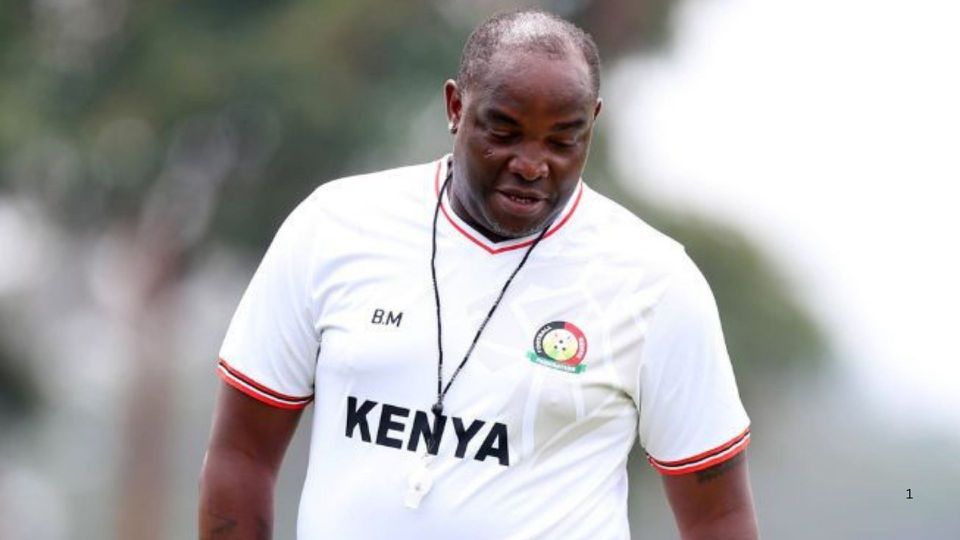In a dramatic turn of events during the final round of World Cup qualifiers, Benni McCarthy found himself torn between pride and disappointment. The South African coach, who also played a pivotal role in his country’s football history, watched as South Africa secured a place in the 2026 World Cup, but at the same time, his current team, Kenya’s Harambee Stars, suffered a crushing 3-0 defeat to Ivory Coast, ending their hopes of qualification.
McCarthy’s emotions were in stark contrast as he navigated the final moments of both matches. On one hand, he felt a surge of national pride as South Africa clinched their spot for the World Cup for the first time since 2010, a monumental achievement for the country. On the other, he faced frustration and sorrow as his Harambee Stars failed to keep their qualification dreams alive.
The Kenyan team had already been eliminated from contention before their match against Ivory Coast, but the Ivorians, needing a win to secure their place in the World Cup, wasted no time in asserting dominance. A goal in the seventh minute from Franck Kessie set the tone, and second-half goals from Yan Diomande and Amad Diallo ensured a comfortable 3-0 victory for the hosts.
While McCarthy stood disheartened on the sidelines during the heavy loss, he must have felt an overwhelming sense of pride for his home country’s achievement. South Africa’s World Cup qualification came on the back of a brilliant 3-0 victory over Rwanda. Orlando Pirates players Thalente Mbatha, Oswin Appollis, and Evidence Makgopa all found the net, sealing the win that propelled Bafana Bafana to the top of their group.
South Africa’s qualification, after a nail-biting finish, came with a combination of results. They not only had to win but also needed Nigeria to beat Benin. With the Super Eagles securing a dominant 4-0 win, South Africa topped their group with 18 points, while Nigeria advanced as runners-up with 17 points.
For McCarthy, who was part of South Africa’s 2002 World Cup squad, this moment is especially significant. After years of near-misses, a rejuvenated South African side under Belgian coach Hugo Broos finally made it back to the global stage. Broos’ success has been attributed to building a squad primarily made up of locally-based players, with the majority coming from two of South Africa’s most successful clubs, Orlando Pirates and Mamelodi Sundowns. The triumph marks the end of a 23-year wait for South Africa’s return to the World Cup, a long-awaited achievement for the nation.

